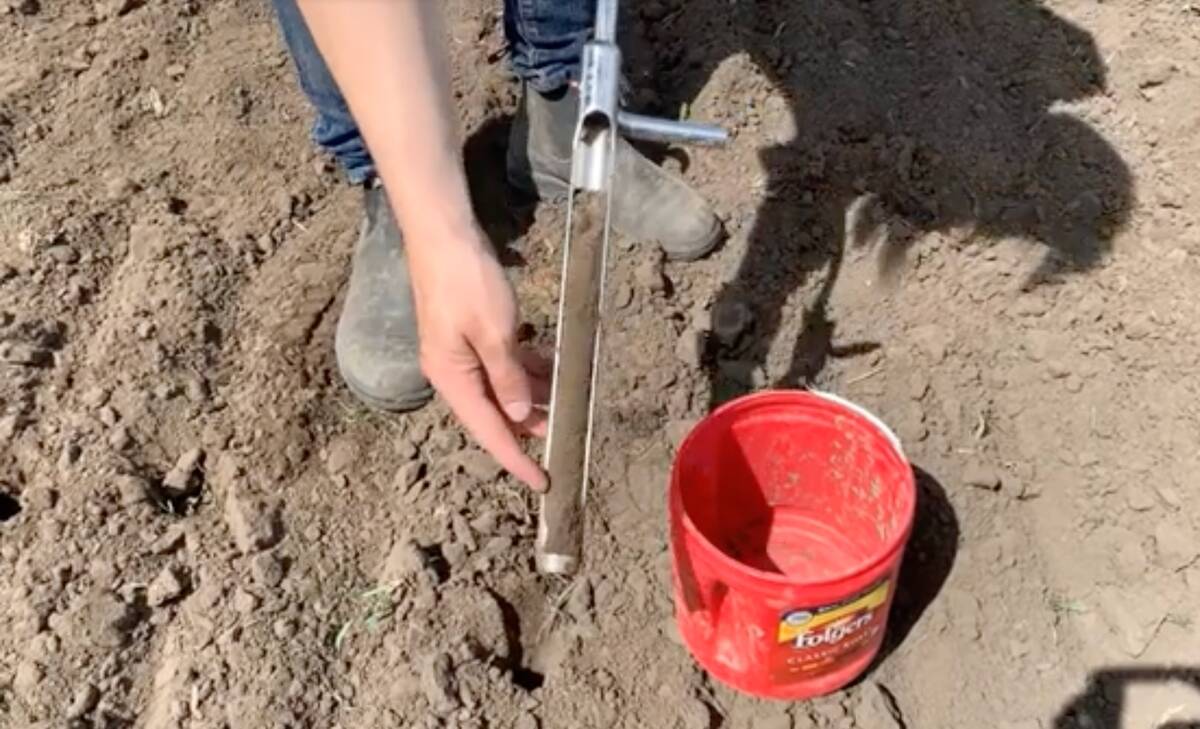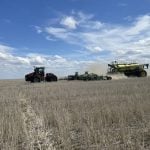The expanding renewable energy sector offers incredible opportunities for Manitoba producers. What we need now are the right policy tools and information on diversifying into new agricultural-based energy solutions such as biomass, wind power, and renewable fuels.
Keystone Agricultural Producers (KAP) recently updated a policy paper regarding agricultural energy, which outlines our vision for the development of renewable energy industries in Manitoba. KAP highlights biodiesel, biomass, ethanol, and wind and solar energy as sectors farmers and rural communities should be encouraged to participate in. In order to ensure we benefit from our investments into agricultural energy, there must be farmer ownership and policies in place to facilitate that ownership. This is necessary if we want to see benefits go back to our local communities. The provincial government can support our new energy initiatives by creating effective policies, programs and incentives. When farmers invest in new ventures, we help improve the province’s competitiveness with other regions and marketplaces.
Read Also

How to succeed at 4R fertilizer management on your farm
4R nutrient management must be farm-specific — geared for the unique crops, cropping practices, soils and climatic conditions of that farm, researcher Ross McKenzie writes.
If Manitobans would like to see more development of wind and solar energy in rural communities, farmers and rural residents need access to accurate information from the government to help us make decisions related to land use contracts for energy production. Manitoba Hydro has a role to play – it should work on the development of a standardized purchase price system for renewable energy production. Also, an emphasis on small-scale megawatt projects would offer more opportunities for farmers and communities to be active participants in energy production.
Taking a look at biofuel initiatives, farmers are encouraged by the technological advancements in ethanol and biodiesel production such as cellulosic ethanol that expands the range of crops producers can grow as feedstock. The government can further the expansion of this market by implementing standards to ensure products meet quality standards demanded by a range of customers.
Biomass offers some exciting opportunities for farmers, but the market demand needs to increase in order for farmers to invest in it. If Manitoba Hydro generating plants in Selkirk and Brandon were converted to biomass-burning plants, this could increase the level of demand for biomass. This initiative would offer additional environmental benefits and should be investigated by the province.
As farmers, we know there is potential for the expansion of agricultural energy production in this province. The government and relevant stakeholders must take the initiative to look at these opportunities and prioritize funding for ventures which could boost producers’ profitability and Manitoba’s green economy.
KAP’s Agricultural Energy policy paper is available online at www.kap.mb.ca.Ian Wishart is president of Keystone Agricultural Producers.
















